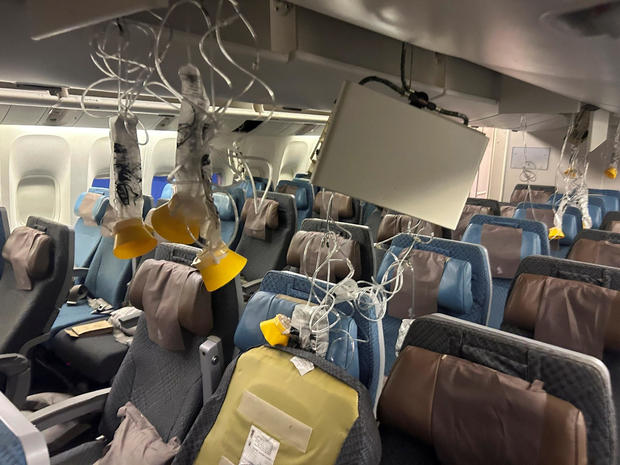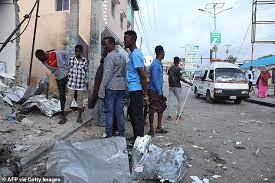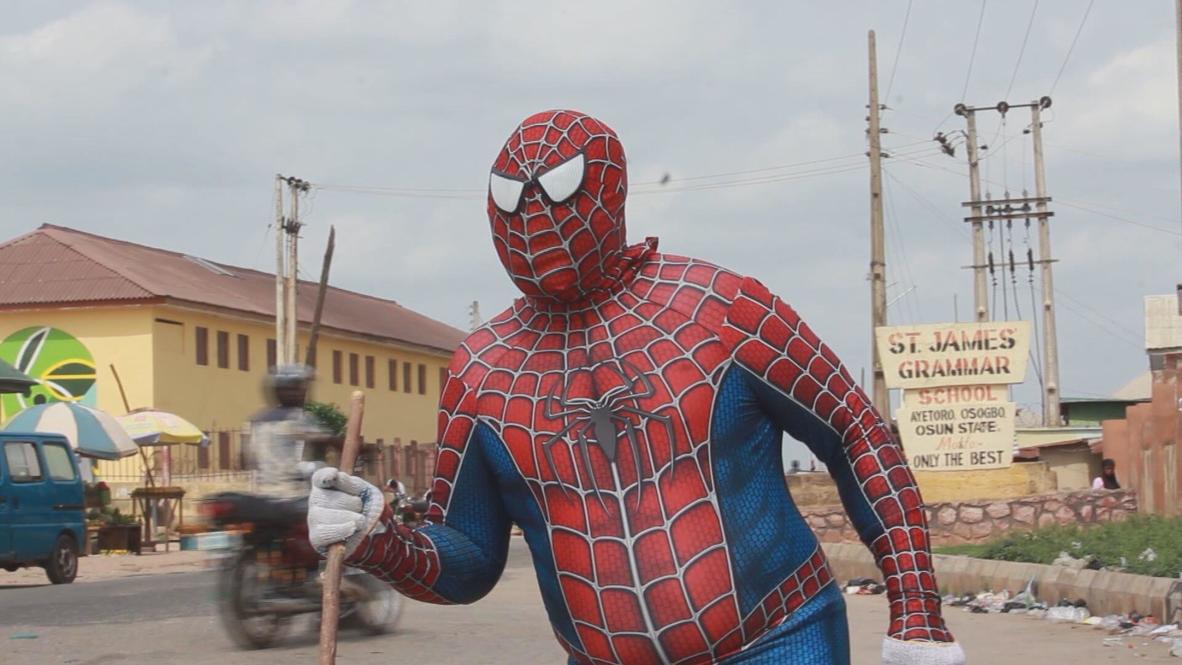Deadly Mosque Attack in Northern Nigeria Leaves 11 Dead,
Dozens Injured
A tragic attack on a mosque in Gezawa, Kano state, Nigeria,
has resulted in the deaths of at least 11 worshippers and left dozens more
injured. The incident occurred during morning prayers on Wednesday, when a man
allegedly sprayed petrol inside the mosque, locked the doors, and set it on
fire, trapping approximately 40 worshippers inside. This horrific act was
reportedly motivated by a family dispute over inheritance.
Police have arrested a 38-year-old suspect in connection with the attack. Residents described hearing an explosion and rushed to the scene, where they found the mosque engulfed in flames and heard worshippers wailing as they tried to escape the locked building.
Neighbors attempted to
assist those trapped inside, while rescue teams, including bomb experts from
Kano city, were deployed to respond to the crisis. Authorities later confirmed
that no bomb was involved in the attack.
The Kano Fire Service reported that they were not alerted
immediately after the fire began. Spokesman Saminu Yusuf told the BBC that the
fire service was only contacted after residents controlled the situation. Yusuf
emphasized that prompt notification could have resulted in a quicker response
and potentially mitigated the tragedy.
During the investigation, the suspect confessed that the
attack stemmed from a dispute over the distribution of inheritance, targeting
specific family members present in the mosque. Local police Chief Umar Sanda
clarified that the incident was not related to terrorism but was instead a
violent escalation of a family conflict. Sanda assured the public that the
suspect was cooperating with authorities and providing valuable information.
Initially, it was reported that one person had died, but the
death toll increased as more victims succumbed to their injuries at the Murtala
Muhammad Specialist Hospital in Kano. Several victims, including children,
remain hospitalized.
Islamic cleric Sheik Dauda Sulaiman condemned the attack,
calling it a grave sin and advocating for the culprit to pay blood money to the
families of the deceased. The village is now engulfed in mourning as the
community grapples with the aftermath of this senseless act of violence.










.jpg)